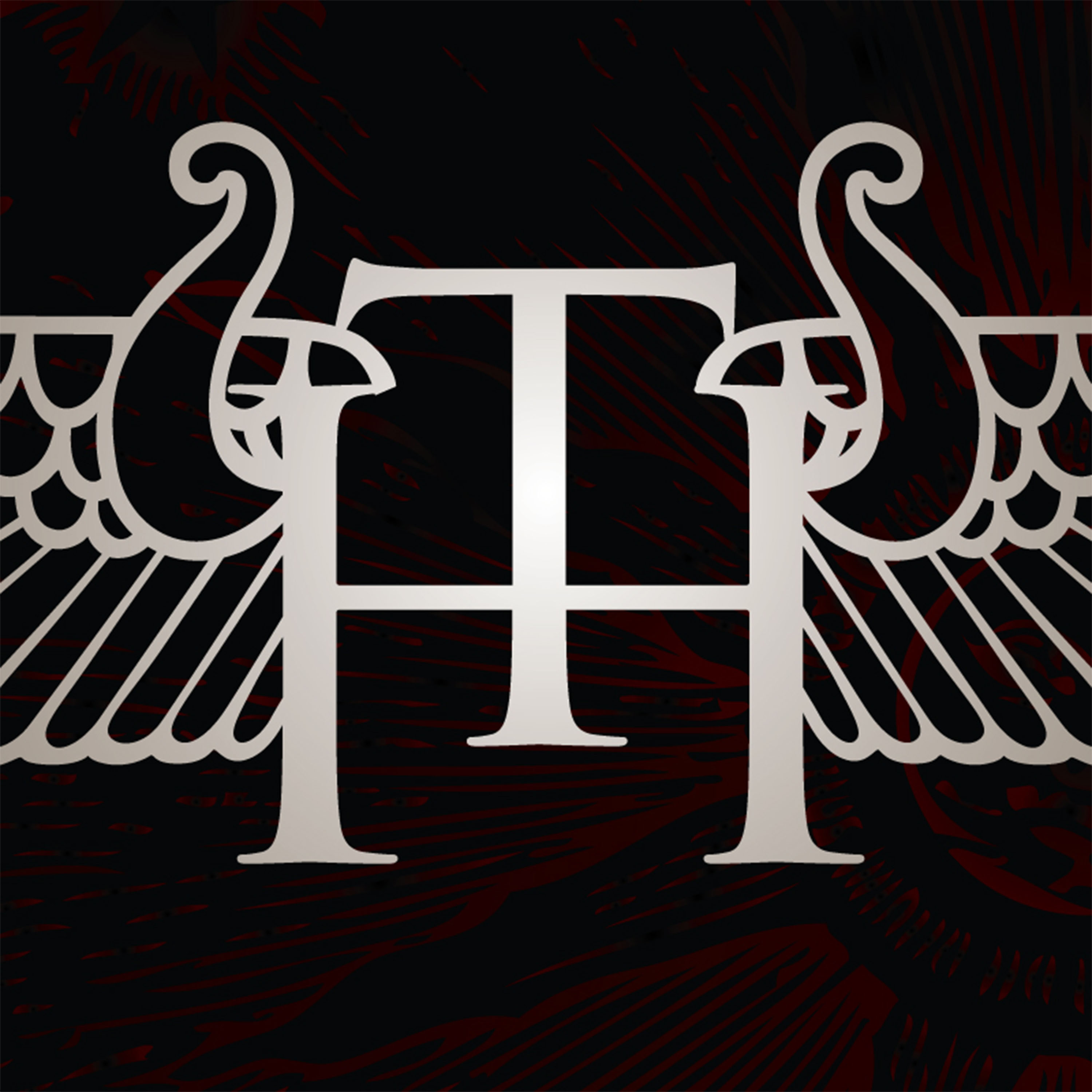Show Notes
"What is clear is that there are three main themes running parallel through the grimoires, with greater or less importance in individual works. These themes are spirit conjuration, divination, and simple charms/spells for dealing with the hardships of daily life and seeking to improve it." (David Rankine) Welcome to Season 10, Episode 9 of Thoth-Hermes podcast. Today, Rudolf shares a conversation with author and occultist, David Rankine. The exploration ranges over the past 40 years of modern British esotericism, and into David’s commitment to writing and knowledge sharing as an offering to Mystery. This is an easy-listening dialogue that carries its own treasures of tight question-answer teachings along in the flow. David quickly brings us into the 1980s UK occult scene, which he describes as collegial, confidential and non-competitive. Oxford, London and Leeds are all identified as hotspots during this period. Turning to the Now, David weighs the balance between organizations’ tension of socializing and secrecy. David and Rudolf explore the question: “What is a ‘serious magical attitude’?” with way of daily life, worldview and engagement in the 100th Monkey influence all composing the answer. Ethics are undergirding principle in this definition, noting that “serious magicians” are “seriously ethical”. David describes his slow development towards ancestor magic, and its interaction with aging as a human and maturation as a magician. This conversation honors the slow, serious adaptation of practices over a magical lifetime. Rudolf quotes David’s definition of “magic” in his early book Becoming Magic, “consciously direct energy flowing towards evolution”. David also shares his concept of “conjuration”, as a Process- occasional, exceptional, purposeful- which develops a long-term symbiotic dynamic with a chosen spiritual entity. Not, as David notes, “a Pokemon collection”. This year (2023) David published volumes 1 and 2 of The Grimoire Encyclopaedia…. With more yet to be revealed! Describing the construction process, David credits the necessity of his enthusiastic, persistent editor Erzebet Barthold. David also centers on the Bible as the foundational grimoire of record, providing a lens for panoramic view of historical Western magical publications. Rudolf asks the core question: “what defines a grimoire?” and David responds gamely. Enjoy!


